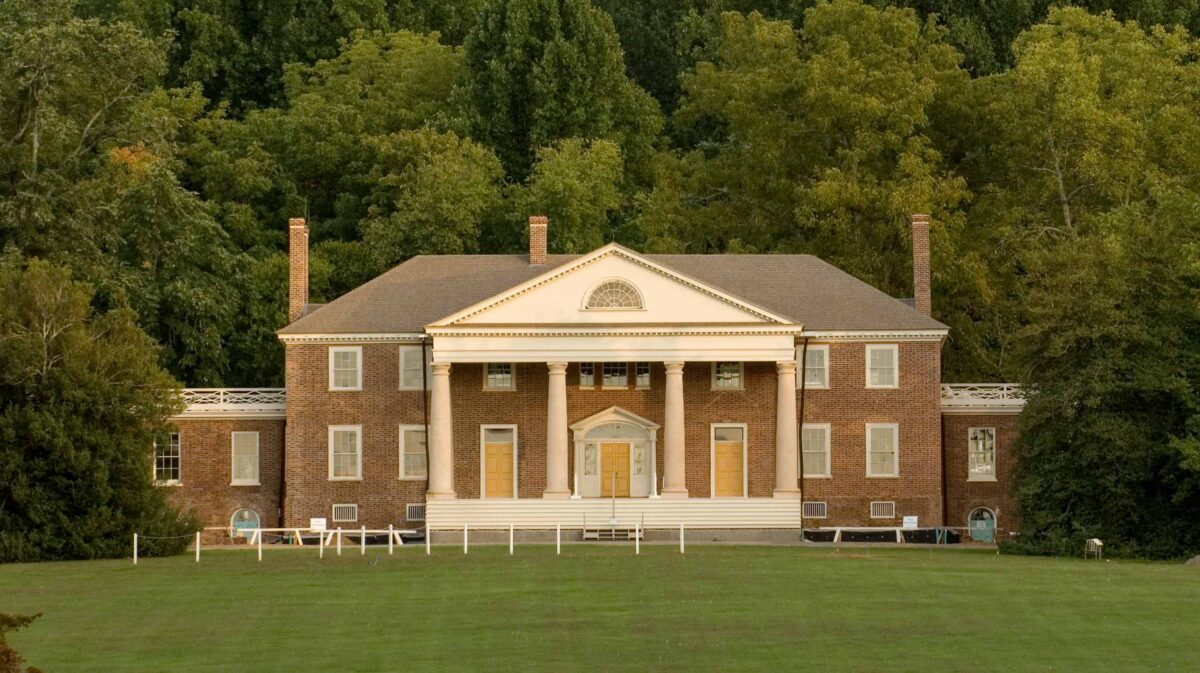The National History Academy is an important initiative to address the current crisis in teaching and learning about American history. A recent report by the National Assessment of Educational Progress concluded that only 18% of high school seniors showed proficiency in their knowledge of American history and 23% were proficient in civics. Of the seven subjects included in the Report, students scored lowest in their knowledge of U.S. history.
An article in the American Bar Association Journal entitled “Flunking Civics: Why America’s Kids Know So Little,” offered an explanation for this crisis: federal educational policy has focused strongly on science and math at the expense of history, social studies, government and civics. Today, educators fear that this long-range focus on a few limited subjects [so-called STEM programs] is squeezing out the amount of time and effort devoted to subjects considered “non fundamental,” – history, social science, government and civics.
Not surprisingly, this trend has extended to our colleges and universities. Very few institutions require even a single course in Western Civilization or U.S. history to graduate. At George Washington University, a student can graduate as a history major without any American History course. According to data collected by the National Center for Education Statistics, the number of history majors has decreased from a meager 2.2% of all academic degrees in 2007 to an even more alarming 1.7% in 2014. The numbers of history majors and students enrolling in history courses continue to spiral downward.
When students do enroll in history courses, they too often view the classroom experience as boring, irrelevant and filled with endless lists of disconnected names, dates and places. Professors deliver long lectures and assign tedious and narrowly focused reading assignments – and then wonder why enrollments are shrinking. In addition, the technology of the digital revolution has diminished students’ enthusiasm and excitement for history: studying “virtual reality” has replaced first-hand visits to the real sites where history was made.
High school students at the Academy will not just learn about American history: they will walk in the footsteps of Washington, Jefferson, Madison, John Brown, Lincoln, and King, and where soldiers fought for the birth and survival of the nation. They will see and learn about seminal documents that shaped our history such as the Declaration of Independence, the Constitution, the Bill of Rights, the Monroe Doctrine, the Emancipation Proclamation, the Marshall Plan, and the “I Have a Dream” speech. They will understand the development of our country in the context of the struggles that we still face.
Of course, the consequences of the decline in history education have a terrible impact on all of American society. Young Americans have little knowledge of how the American political system works and are participating less and less in the political process. They have little appreciation for the uniqueness and value of our nation’s constitution.
A fundamental goal of the National History Academy is to make history education come alive again by giving students a first-hand experience at authentic historic sites.
The connection between historical literacy and preserving democracy is clear: we cannot have a democracy without future leaders and citizens who know our history. The students who attend this camp will have a new appreciation for history, and the preservation and conservation of the cultural landscapes and sites where our American history happened. Our expectation is that they will pursue their history education after high school and, most importantly, become more involved citizens.
There will be no other experience like this in the nation.
